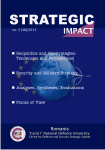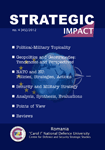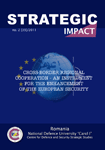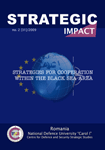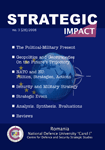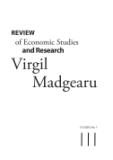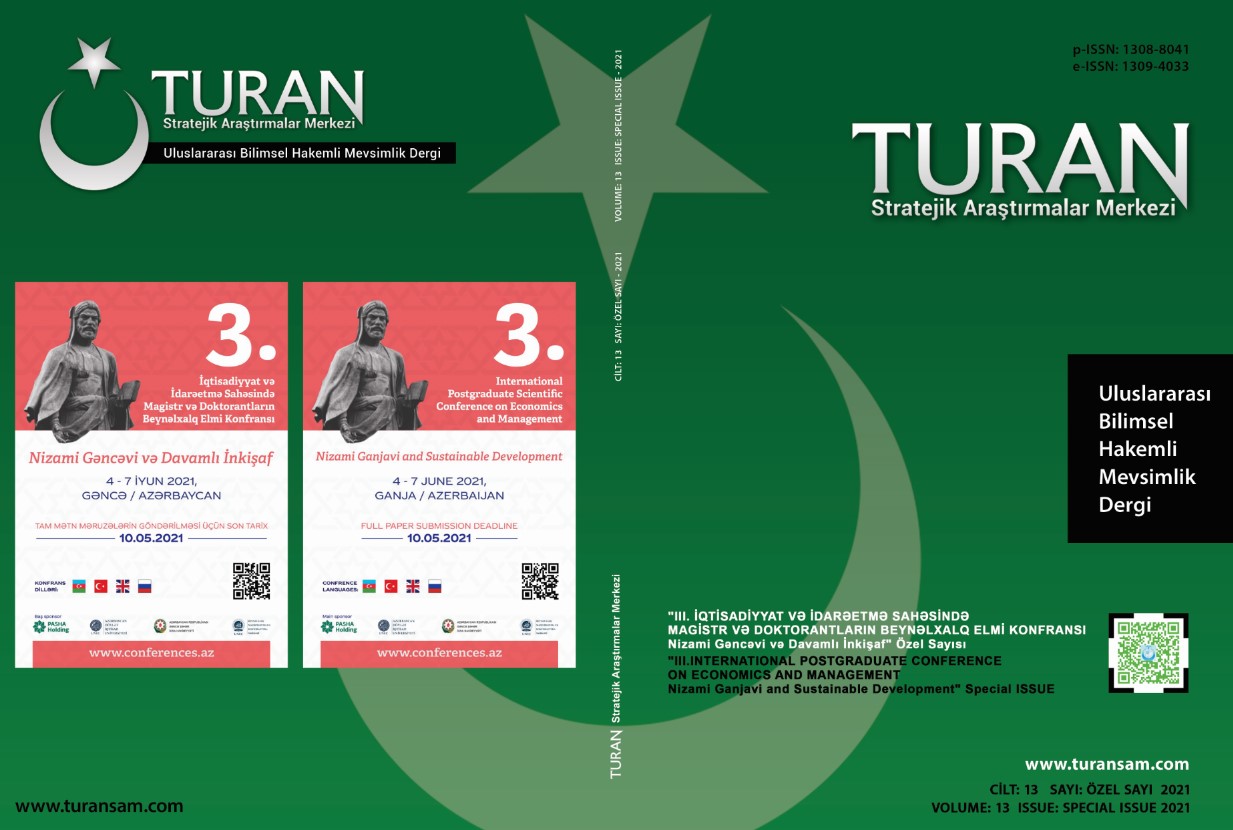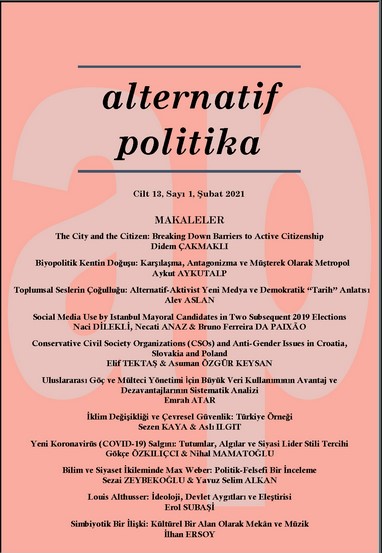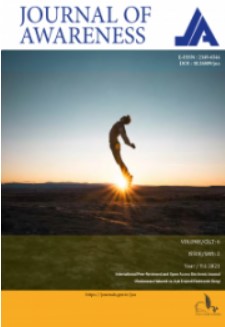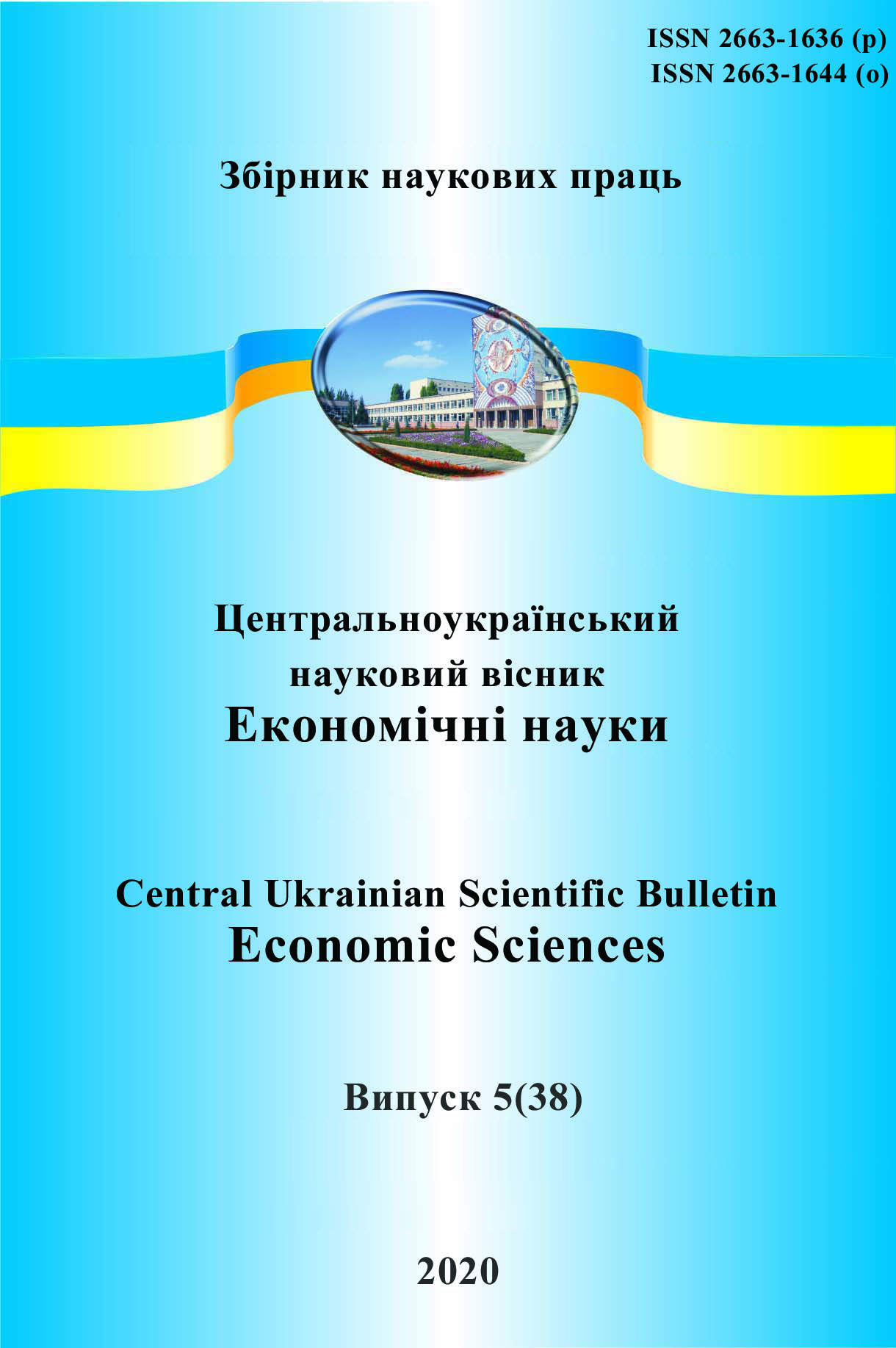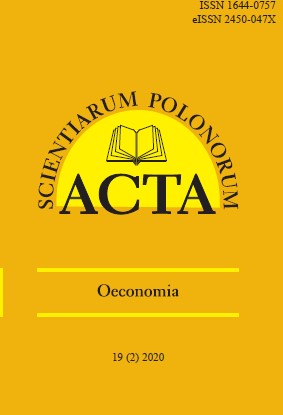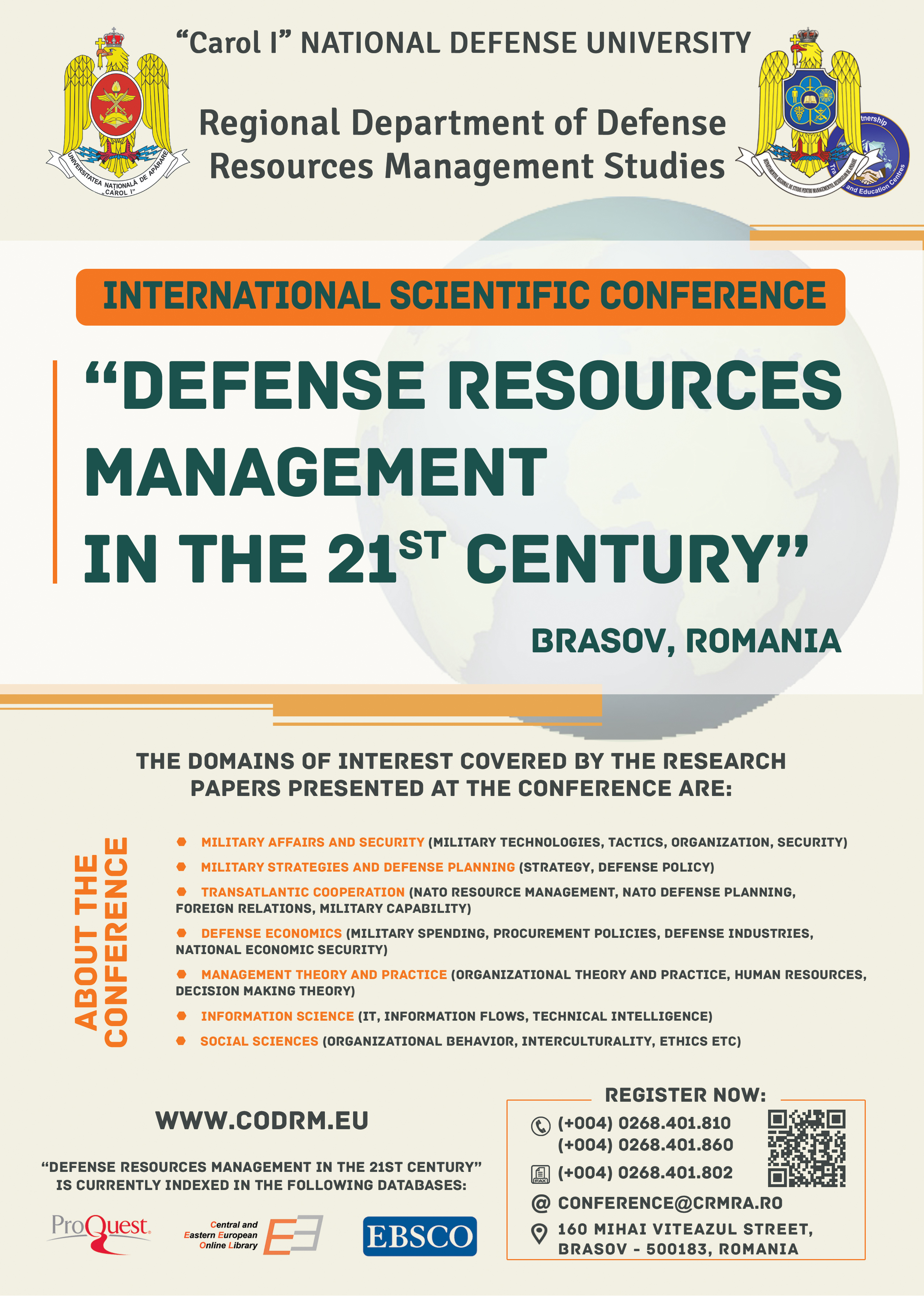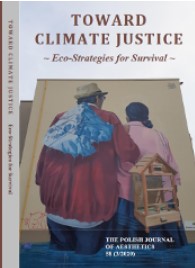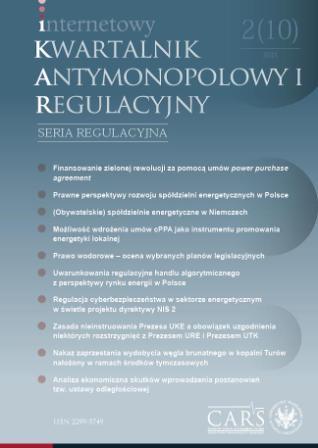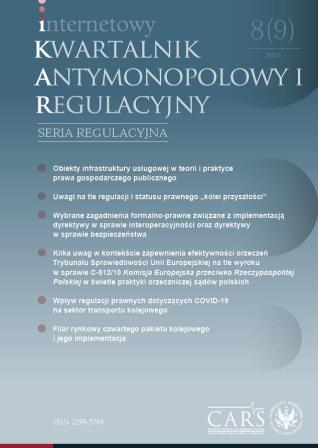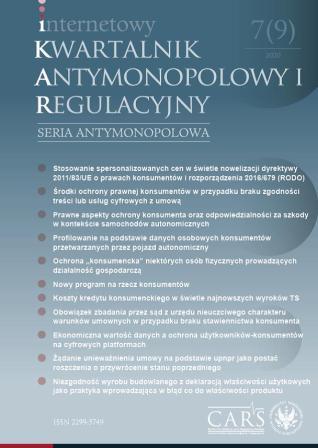
CONTEMPORARY ECONOMIC WARFARE. COMPETITION FOR RAW MATERIALS
In the field of macro processes globalization, together with regionalization and the rise of emerging economies, led by China, are dominant. Both globalization and regionalization involve profound political, economic, organizational, institutional, military and cultural changes, but they also mean the decrease of raw materials and the degradation of soil and subsoil. We believe that concerns on such phenomena and processes are legitimate, but, to some extent, exaggerated. Basic raw materials – coal, iron, hydrocarbons – are relatively abundant. At the same time, technical, scientific and technological advances cannot be ignored as potential future solutions for shortage of raw materials. In the contemporary economic warfare, however, competition for raw materials is expanding. In addition, a broader approach reveals correlations between the economic, the technological and the military power. All owners of transnational corporations are military powers of rank 1 and 2. All advanced economies have developed their own military-industrial complex. It can be said that economic wars are somewhere substitutes of military wars. Unlike in the past, international economic relations are conducted in a regional and global context, largely governed by: the UN Charter, international treaties and conventions (including WTO), agreements and partnerships, etc. It is important to emphasize that states have reduced their importance as independent actors, competing with multinationals and regional organizations. In reality, only great powers have the means to address the major “economic games”.
More...
